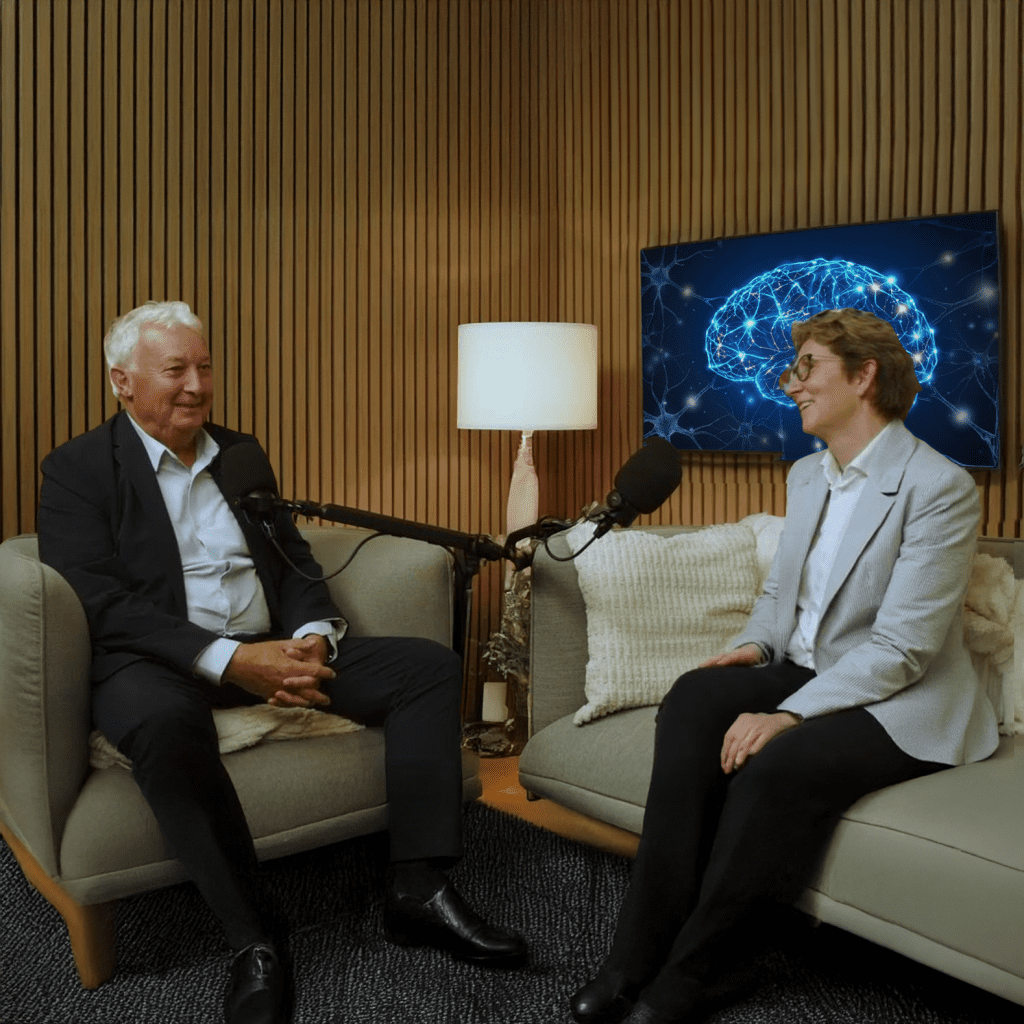The Power of Early Action in the Fight Against Alzheimer’s
In the ever-evolving landscape of Alzheimer’s disease, a clear and urgent message is emerging from experts like Dr. Emer MacSweeney, CEO and Medical Director of Re:Cognition Health: early detection is not only possible—it’s powerful.
In a recent episode of The Brain and Mind Experts podcast, Dr. MacSweeney and co-founder Tom Dent dive deep into why early diagnosis matters more than ever and how new breakthroughs in biomarkers and treatments are transforming the outlook for millions.
A Shift in Public Attitudes
A newly released Alzheimer’s Association survey reveals a striking shift in public sentiment: nearly 80% of people now say they would want to know if they had Alzheimer’s—even before symptoms disrupt their lives. Just a few years ago, this wasn’t the case.
This change reflects growing awareness of two vital advances:
- New disease-modifying therapies (Leqembi and Kisunla) that can slow or even temporarily halt progression—if started early.
- Accurate biomarkers, especially new blood tests, that can detect Alzheimer’s pathology well before clinical symptoms become severe.
What Are Biomarkers—and Why Do They Matter?
Dr. MacSweeney explains that biomarkers are objective medical tests that detect disease—often before symptoms arise. For Alzheimer’s, three main types are currently used:
- PET scans that show amyloid buildup in the brain
- Spinal fluid tests for tau and amyloid proteins
- Blood tests, the newest option, measure p-tau217, providing an indicator of high amyloid protein in the brain and offering a simpler, accessible path to early detection
These tools are a game-changer. Alzheimer’s develops gradually, and early symptoms can be non-specific. By the time memory loss becomes apparent, the disease may have been active for years. Biomarkers allow for diagnosis during that critical early window—when new treatments can make a meaningful difference.
When Should You Seek Testing?
Dr. MacSweeney is clear: don’t think of cognitive decline as a normal part of aging. If you or a loved one notice short-term memory loss, word-finding difficulties, anxiety, or disorientation in familiar environments—take it seriously. Speak to a physician, but more importantly, seek a center that specializes in Alzheimer’s diagnostics and clinical trials.
Re:Cognition Health’s specialist centers in the U.S. and U.K. offer both accurate testing and early access to treatment options. Whether you’re eligible for approved medications or a clinical trial, the path forward begins with knowing.
A Call to Action: Knowledge is Power
While a vaccine may someday be on the horizon, the current focus is clear: early action leads to better outcomes. As Dr. MacSweeney puts it:
“The most common thing I hear from patients is, I wish I had known earlier and I had acted when there was still time for me to have had a chance to slow progression of this disease and my symptoms.”
If you’re concerned about your memory, don’t wait and risk missing the window of opportunity when new generation treatments can make a difference for you.
Visit thebrainandmindexperts.com to explore testing options, access new effective treatments, find trial locations, and get expert guidance.
To read more about the Alzheimer’s Association 2025 Alzheimer’s Disease Facts and Figures, click here.
 Visit our UK website
Visit our UK website






